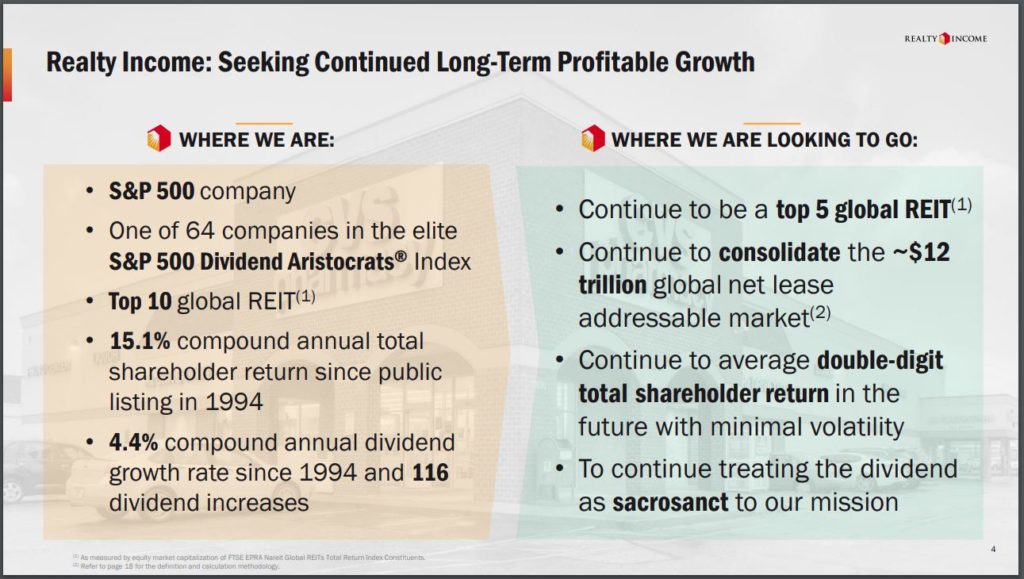In a world where e-commerce is booming, ensuring your online business is protected is crucial. This guide delves into the realm of Best Business Insurance Providers for E-Commerce Companies, shedding light on the key players and essential coverage options for safeguarding your digital venture.
Explore the intricacies of insurance policies tailored for e-commerce businesses and learn how selecting the right provider can make all the difference in times of need.
Research on Best Business Insurance Providers for E-Commerce Companies
When it comes to e-commerce businesses, having the right insurance coverage is crucial to protect against potential risks and liabilities. Let's explore some of the top insurance providers that cater specifically to e-commerce companies and compare the coverage options they offer.
Identify Top Insurance Providers
- ABC Insurance Company: Known for its tailored insurance solutions for e-commerce businesses, ABC Insurance offers comprehensive coverage for various risks.
- XYZ Insurance Group: With a focus on the digital marketplace, XYZ Insurance Group provides specialized policies to meet the unique needs of online retailers.
Compare Coverage Options
- General Liability Insurance: Both ABC Insurance Company and XYZ Insurance Group offer general liability insurance to protect e-commerce businesses against third-party claims of bodily injury or property damage.
- Cyber Liability Insurance: ABC Insurance Company excels in cyber liability insurance, providing coverage for data breaches, cyber attacks, and other digital threats that e-commerce companies often face.
Importance of Experience in E-Commerce Industry
Choosing an insurance provider with experience in the e-commerce industry is crucial as they understand the specific risks and challenges that online businesses encounter. A provider familiar with the digital landscape can offer tailored solutions that adequately protect e-commerce companies against potential threats.
Types of Insurance Policies
When it comes to e-commerce companies, having the right insurance policies in place is crucial to protect against various risks and liabilities. Here are the essential insurance policies that e-commerce companies should consider:
General Liability Insurance
General liability insurance provides coverage for third-party bodily injury, property damage, and advertising injury claims. This type of insurance can help cover legal fees, settlements, and medical expenses in case a customer is injured on your property or if your business is sued for defamation.
For example, if a customer slips and falls in your warehouse, general liability insurance would cover their medical expenses.
Product Liability Insurance
Product liability insurance is essential for e-commerce companies that sell physical products. This policy provides coverage in case a product sold by your company causes harm or injury to a customer. For instance, if a customer experiences an allergic reaction to a beauty product purchased from your online store, product liability insurance would cover any resulting legal expenses.
Cyber Insurance
Cyber insurance is designed to protect e-commerce companies from the financial losses associated with cyberattacks, data breaches, and other cyber threats. This type of insurance can cover expenses related to notifying customers of a data breach, restoring data, and legal fees in case of a lawsuit.
In a scenario where a hacker gains access to your customers' payment information, cyber insurance would help cover the costs of investigating the breach and compensating affected individuals.Each of these insurance policies plays a vital role in safeguarding e-commerce companies from various risks and liabilities, ensuring business continuity and financial protection.
Factors to Consider When Selecting an Insurance Provider
![12 Best Ecommerce Business Insurance Options For Online Retailers [2025] 12 Best Ecommerce Business Insurance Options For Online Retailers [2025]](https://i0.wp.com/www.ecommerceceo.com/wp-content/uploads/2022/09/www.nationwide.com_business_insurance_Screenshot.png?w=700)
When choosing an insurance provider for your e-commerce business, there are several key factors to keep in mind to ensure you are getting the right coverage at the best value.
Cost
- Compare premium rates from different insurance providers to find a policy that fits your budget.
- Consider any additional fees or charges that may apply, such as deductibles or co-payments.
- Remember that the cheapest option may not always provide the most comprehensive coverage.
Coverage Limits
- Review the coverage limits of the insurance policy to make sure they align with the needs of your e-commerce business.
- Consider factors like inventory value, revenue, and potential liabilities when determining appropriate coverage limits.
- Ensure that the policy includes coverage for common risks faced by e-commerce companies, such as cyber liability and product liability.
Claims Process
- Research the claims process of each insurance provider to understand how to file a claim in the event of a loss.
- Look for providers with a reputation for efficient and responsive claims handling.
- Consider the ease of filing a claim online or through a mobile app for convenience.
Financial Stability and Reputation
- Check the financial stability of the insurance company by reviewing their ratings from agencies like A.M. Best, Standard & Poor's, or Moody's.
- Research customer reviews and ratings to gauge the reputation of the insurance provider for customer service and claims satisfaction.
- Choose a provider with a track record of reliability and financial strength to ensure they can fulfill their obligations in the event of a claim.
Policy Exclusions
- Read the fine print of the insurance policy carefully to understand any exclusions or limitations that may apply.
- Be aware of specific risks or circumstances that may not be covered by the policy, such as acts of terrorism or natural disasters.
- Seek clarification from the insurance provider on any policy exclusions that are unclear to avoid surprises during a claim.
Case Studies and Success Stories

In the world of e-commerce, having the right insurance coverage can make a significant difference when unexpected challenges arise. Let's explore some case studies and success stories where insurance played a crucial role in the success and recovery of e-commerce companies.
Case Study 1: Online Retailer Cyber Attack
In a case study involving an online retailer, a cyber attack compromised sensitive customer data, leading to a significant financial loss and damage to the company's reputation. However, the retailer had cyber insurance coverage, which helped cover the costs of investigating the breach, notifying affected customers, and implementing security measures to prevent future attacks.
This swift response and financial support from the insurance provider allowed the retailer to recover quickly and regain customer trust.
Case Study 2: Natural Disaster Impact
Another e-commerce company faced a challenge when a natural disaster struck their distribution center, causing extensive damage to inventory and infrastructure. Fortunately, the company had business interruption insurance, which provided coverage for the lost income during the period of restoration.
With the financial support from the insurance policy, the e-commerce company was able to resume operations swiftly and minimize the impact on their business operations.
Success Story: Online Marketplace Liability Coverage
An online marketplace experienced a situation where a customer filed a lawsuit against the platform for selling counterfeit goods. The marketplace had liability insurance, which covered the legal fees and settlement costs associated with the lawsuit. This insurance coverage not only protected the company from financial losses but also demonstrated the importance of having comprehensive coverage to safeguard against unforeseen risks in the e-commerce industry.
Final Review
As we conclude this journey through the realm of Best Business Insurance Providers for E-Commerce Companies, remember that protecting your online business is not just a choice but a necessity. With the right insurance coverage, you can navigate the unpredictable waters of e-commerce with confidence and resilience.
Question Bank
What are the key factors to consider when choosing an insurance provider for my e-commerce business?
When selecting an insurance provider, it's essential to consider factors like cost, coverage limits, claims process efficiency, and the provider's experience in the e-commerce industry. These aspects can significantly impact the level of protection your business receives.
Is cyber insurance necessary for e-commerce companies?
Yes, cyber insurance is crucial for e-commerce companies as it provides protection against cyber threats, data breaches, and other online risks that can jeopardize your business's operations and reputation.
Are there any insurance providers that specialize in e-commerce businesses?
Yes, several insurance providers specialize in catering to e-commerce businesses, offering tailored coverage options to address the unique risks faced by online retailers. Researching and selecting a provider with experience in the e-commerce industry is essential for comprehensive protection.




